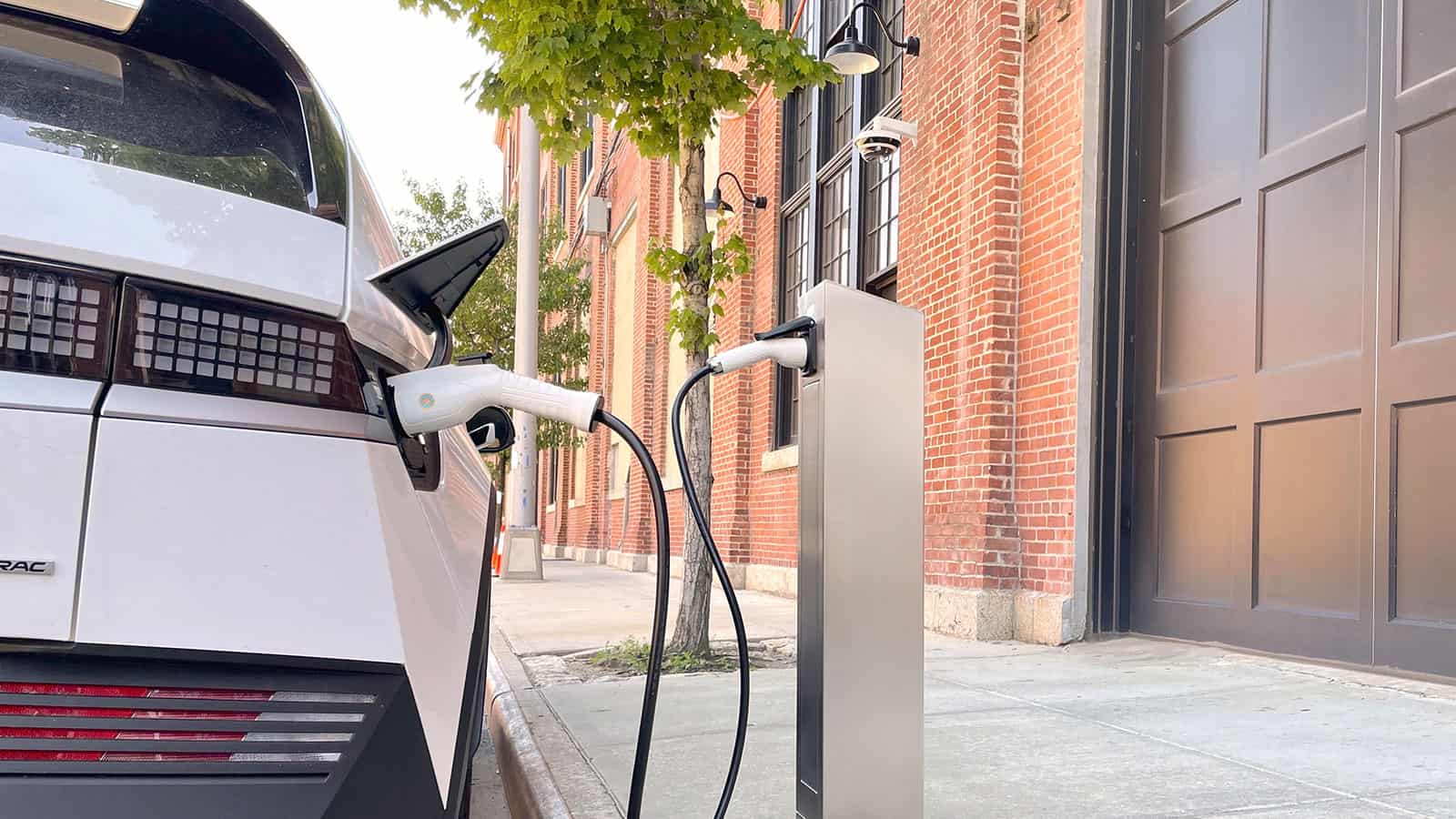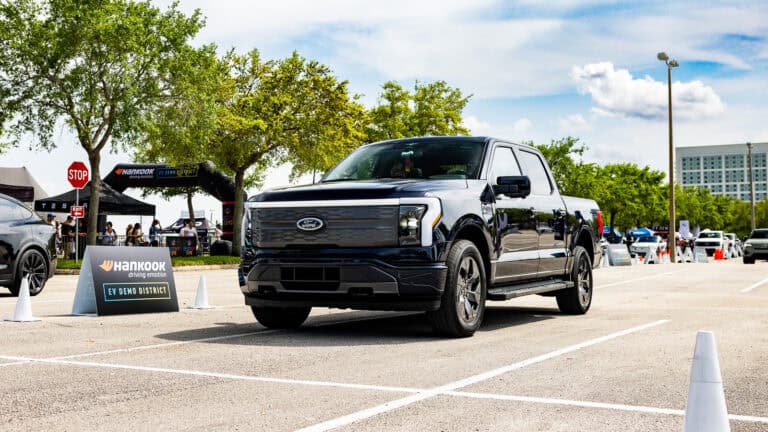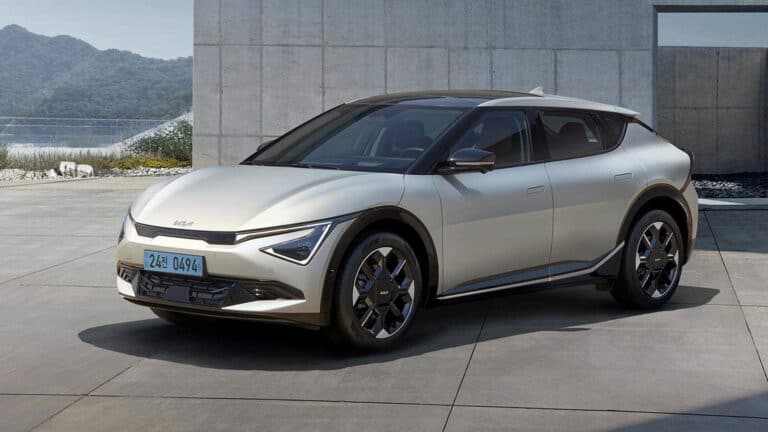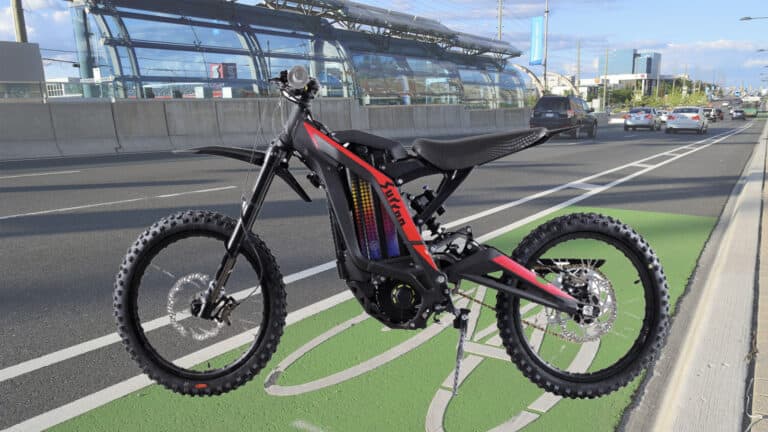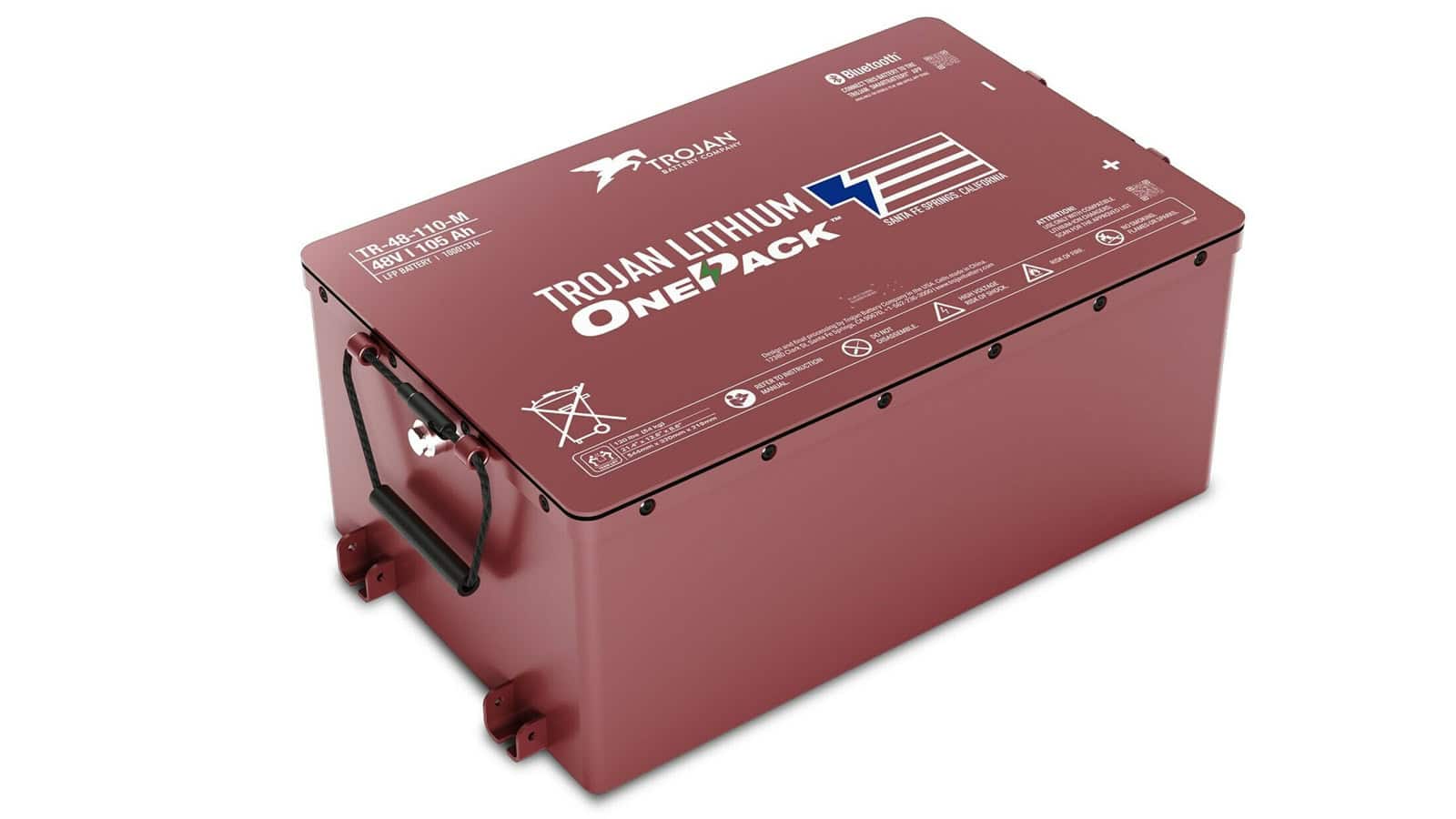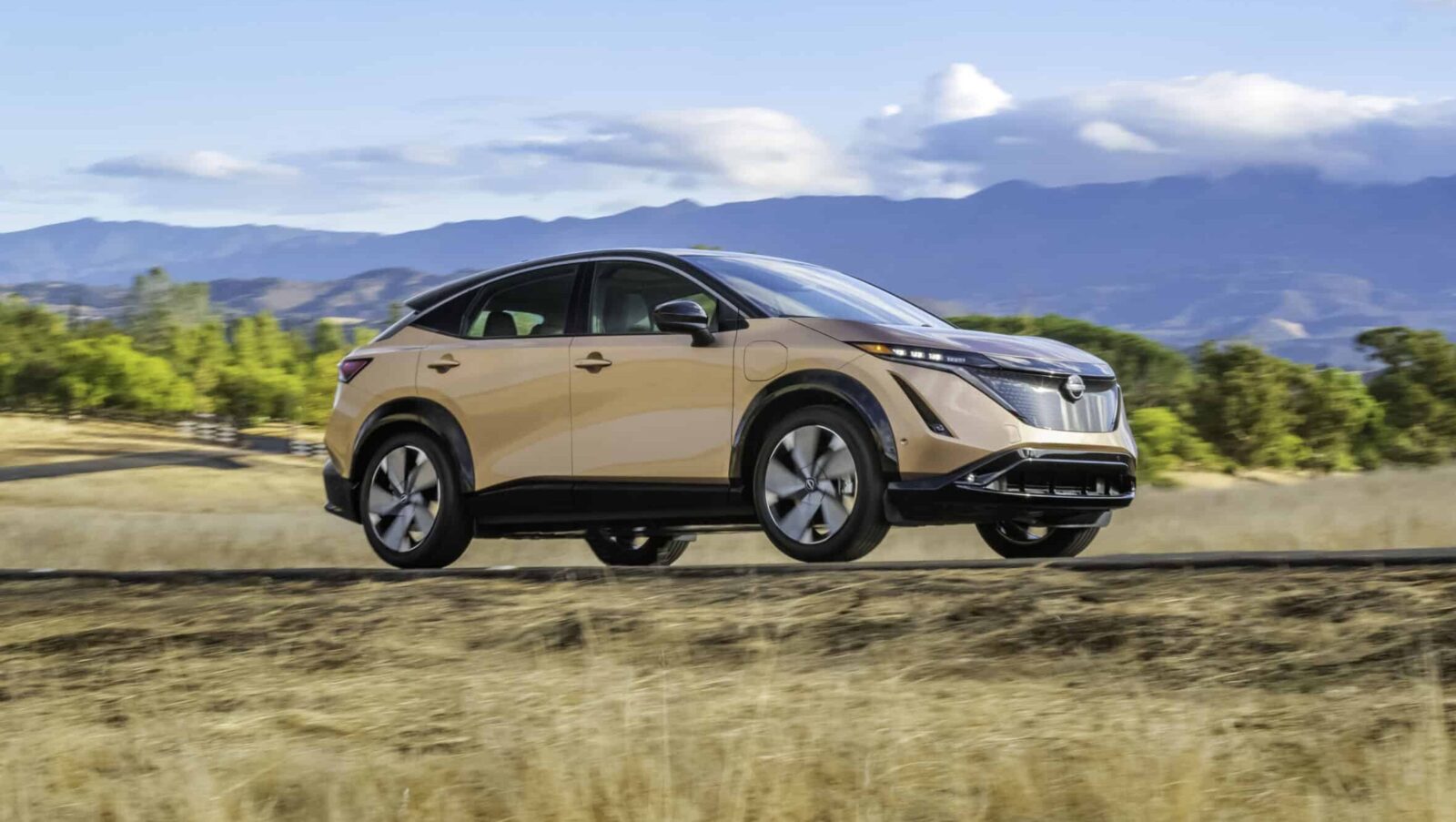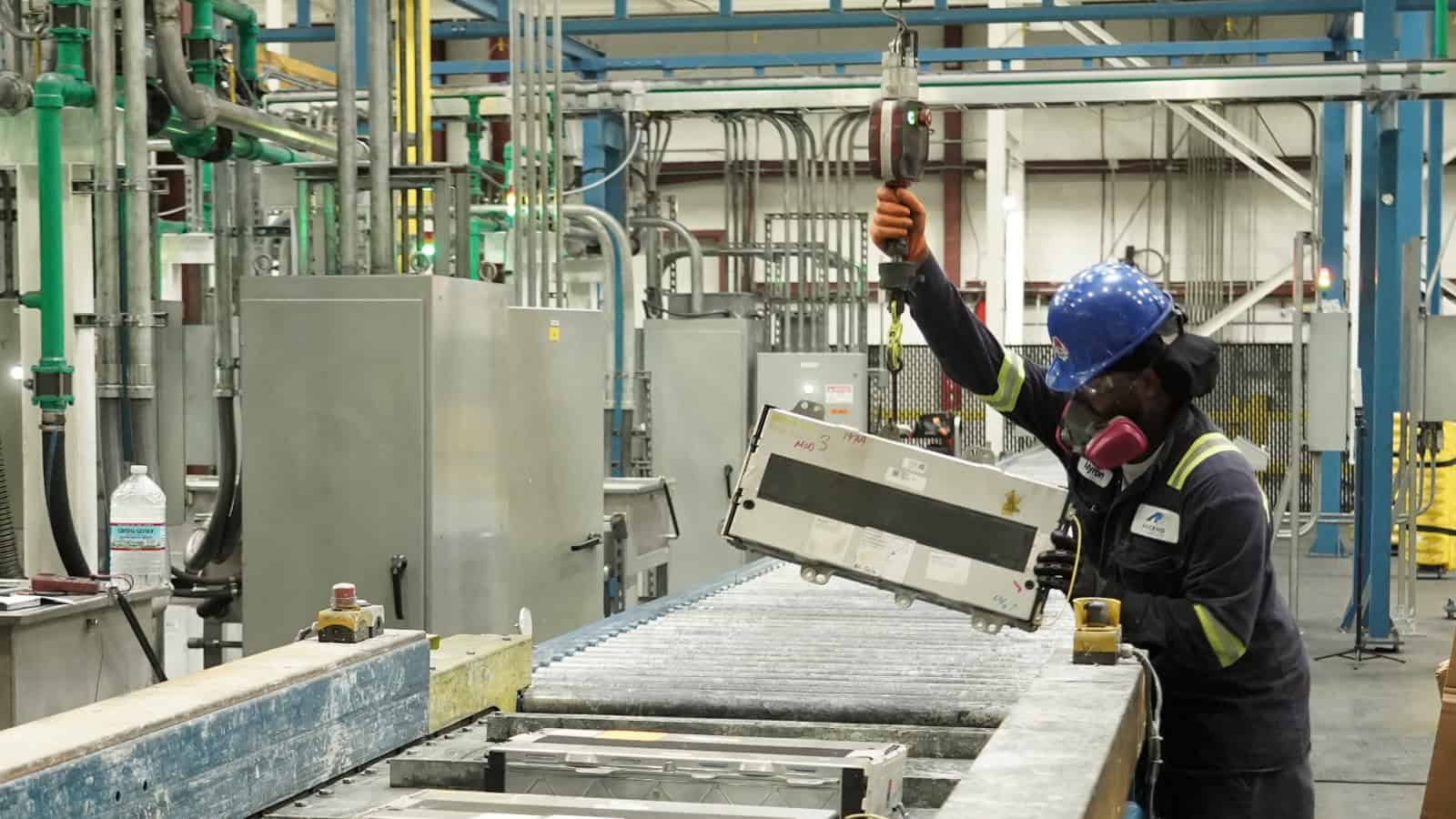- The Joint Battery Research Center involves solid-state and lithium-ion divisions.
- Hyundai Motor Group will use the partnership to become a global leader in battery research.
- The partnership is working toward carbon neutrality through more efficient and durable EV battery technology.
As the world pays more attention to climate change and reducing carbon emissions, Hyundai Motor Group announced a partnership with Seoul National University to open a Joint Battery Research Center. The center is dedicated to advancing battery technology research to achieve carbon neutrality.
About the Joint Battery Research Center
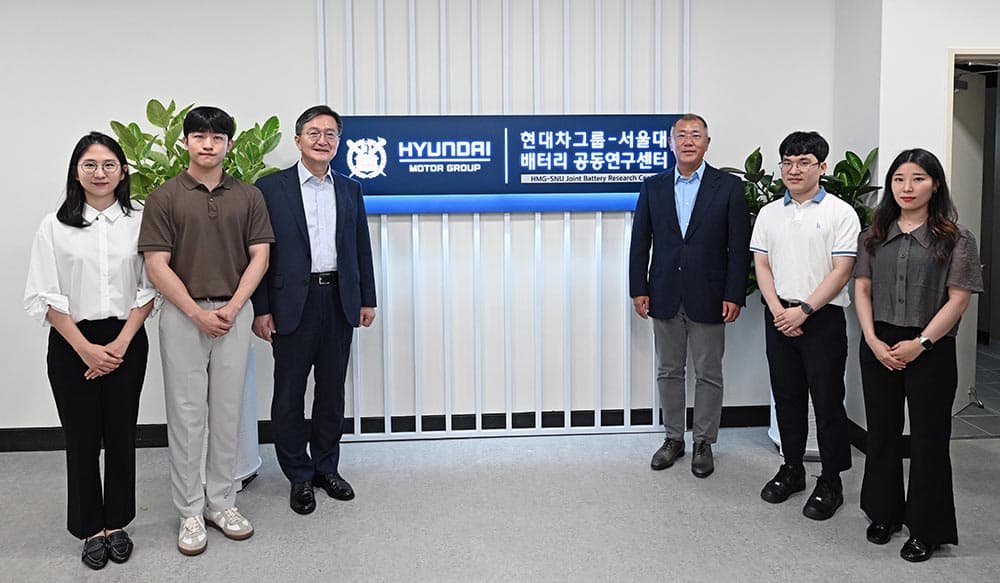
The Research Center spans three floors in the university’s Institute of Chemical Process where seven labs, several conference rooms, and offices encompass almost 10,000 square feet. By 2030, Hyundai Motor Group will invest over $2 million in the Joint Battery Research Center.
Hyundai Motor Group and Seoul National University will collaborate on research projects relating to lithium and solid-state batteries. The partnership is expected to push Hyundai Motor Group closer to complete electrification.
Back in 2021, Hyundai Motor Group and Seoul National University signed an agreement that they would establish the Joint Battery Research Center. Less than two years later, the research center is open and ready to work toward carbon neutrality and e-mobility solutions.
The research center will also work on next-generation battery technology that increases EV range and speeds up charging time. Researchers will also analyze and evaluate battery conditions and manufacturing techniques.
Joining Academia and Industry

The Joint Battery Research Center brings academia and industry together to make the partnership a global leader in battery innovations. The inaugural event occurred on the Seoul National University campus and included stakeholders from Hyundai Motor Group like the Executive Chair Euisin Chung, the President and Chief Technology Officer Yong Wha Kim, and the Senior Vice President and Head of Battery Development Chang Hwan Kim.
Leaders from Seoul National University in attendance included the University President Hong Lim Ryu, the Dean of the College of Engineering Yoo Suk Hong, and the Head of the Joint Battery Research Center Jang Wook Choi. The partnership will develop a variety of mobility solutions using the latest battery research with the goal of sustainability.
Hyundai Motor Group and the university will work together on 22 research projects, with 21 members of Korean academia participating. Professors with master’s and doctorate-level expertise will bring their expertise to the projects.
The partnership will have four separate divisions that include:
- Lithium-metal batteries
- Solid-state batteries
- Battery management systems
- Battery process technology
Researchers in the lithium-metal division will look for ways to reduce battery deterioration while improving durability. In the solid-state division, researchers will explore anode materials, active cathode materials, and coating methods. The goal is to improve battery technology to make EV ownership more efficient.
Speeding Up Research, Development, and Implementation


The Joint Battery Research Center creates an efficient and effective academia-to-industry pipeline. It removes the need for additional time to bring academic research into real-world situations. The theoretical research usually reserved for academia can move seamlessly into industry research and development and eventually into implementation.
The partnership will help Hyundai Motor Group become an industry leader in battery technology. The state-of-the-art research center will also help Hyundai Motor Group achieve its goal of manufacturing 3.64 million EVs by 2030 – a lofty goal that would make Hyundai Motor Group the global EV leader. Getting there will cost Hyundai Motor Group upwards of $7 billion as the company invests in battery development and infrastructure.
ADVERTISEMENT

SOURCE | IMAGES: HYUNDAI
FTC: We use income-earning auto affiliate links. Learn more.




